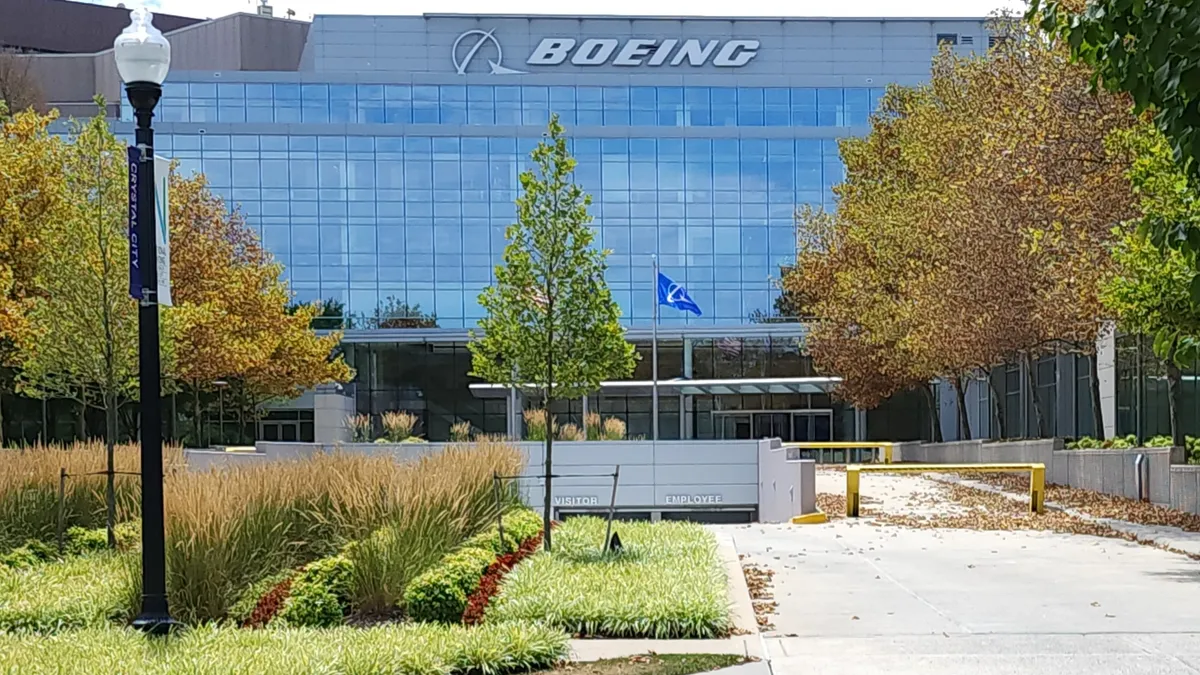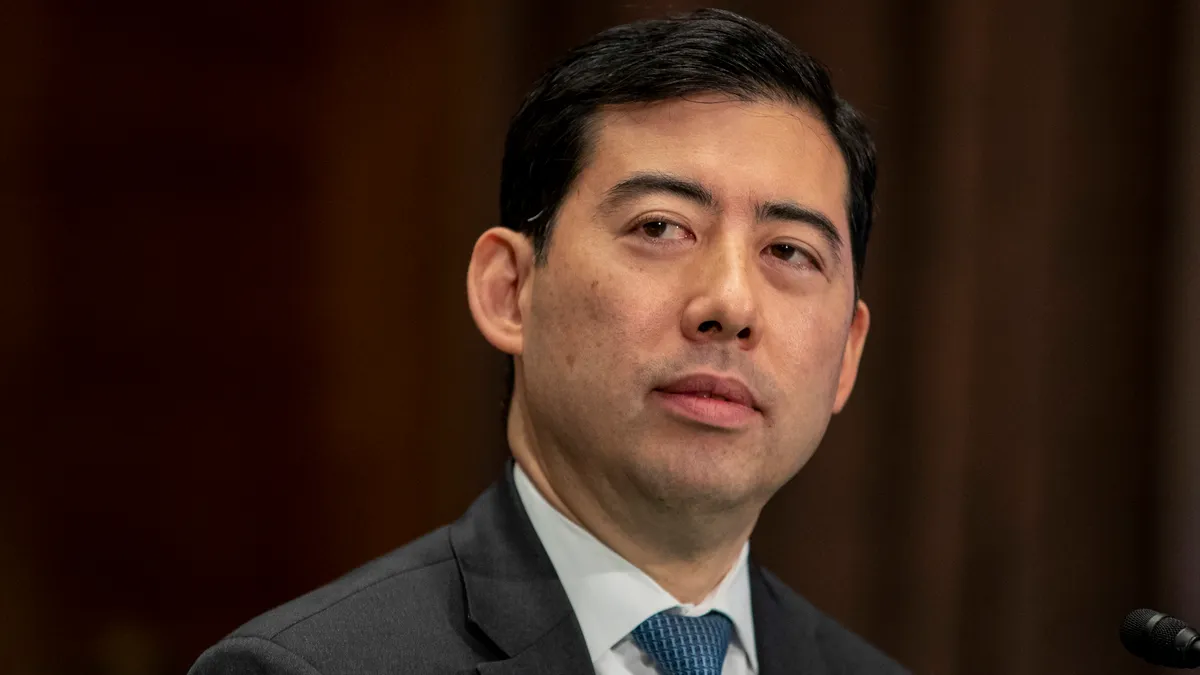Boeing and the Justice Department finalized a plea deal last week over the company’s conspiracy to defraud the Federal Aviation Administration. In it, the DOJ condemned Boeing for failing to prioritize safety and compliance in its manufacturing processes.
The new agreement will once again require Boeing to implement a compliance and ethics program, including within the company’s safety and quality programs, to avoid defrauding the federal government throughout its operations, according to the filing.
Boeing will pay $243.6 million in criminal fines, totaling $487.2 million in criminal penalty fines after already paying the same amount in the 2021 DOJ agreement. Boeing must also invest at least $455 million over the next three years in its compliance and safety programs and report to a federally appointed independent compliance monitor.
There will be no attorney-client privilege between Boeing and the monitor in a bid to prevent Boeing from withholding information, according to the July 24 court filing.
Boeing prioritized quantity over quality
Boeing and the DOJ initially signed a deal in 2021 that allowed the aircraft maker to avoid criminal charges over its role in two fatal 737 Max crashes in 2018 and 2019. In pleading guilty to misleading regulators over faults in its MCAS flight stabilization software systems that contributed to the crash, Boeing admitted to being in breach of the deal.
Part of the 2021 deal required Boeing to establish or modify its compliance and ethics program to address any deficiencies in its policies and procedures, according to the initial agreement.
Boeing took steps to implement the agreement, including appointing a chief compliance executive and modifying its compliance programs in 2020. However, an independent review panel report released earlier this year found that despite Boeing making changes to its safety management systems and culture, many issues went unresolved.
One of the issues the independent review mentioned was a disconnect between Boeing employees and senior management regarding safety culture. Employees also did not know and were confused about the company’s safety management system efforts, purpose or procedures.
The DOJ also pointed to Boeing’s manufacturing process that assembles aircraft parts at various plants, known as out-of-sequence work, as contributing to its breach of the 2021 deal.
For example, the National Transportation Safety Board’s initial report in February on the Alaska Airlines 737-9 mid-exit door plug investigation found that the plane was initially assembled in Spirit AeroSystems’ Malaysia plant in March 2023. The aircraft then made its way to the supplier’s Wichita, Kansas, facility then Boeing’s plant in Renton, Washington, for final assembly, before heading to Alaska Airlines.
Despite conducting several safety risk management assessments that found out-of-sequence work to be a risk factor to Boeing’s customers, the company did not take action to reduce that type of process, according to the finalized plea deal. The company also failed to recognize the work as a fraud risk, or “enhanced production procedures,” which Boeing’s global compliance did not take part in.
“Boeing senior executives prioritized the movement of aircraft through Boeing’s factories over reducing out-of-sequence work to ensure production quality,” the DOJ filing stated.
The DOJ noted Boeing’s failure to submit complete and accurate building records and its approval of non-compliant manufacturing and quality reports also breached the agreement, as they were considered anti-fraud risks.
The finalized plea deal pointed to the FAA opening an investigation at Boeing’s Charleston, South Carolina, plant after the aircraft maker reported one of its workers falsified inspection reports on some of its 787 planes, which the Associated Press initially reported in April. The DOJ said the employees did not understand, nor were they effectively trained on, Boeing’s stamping policy and its requirements.
“Because the build and quality records are the cornerstone of Boeing’s certification that aircraft conform to their approved type design, the lack of understanding by Boeing employees of the importance of and requirements for stamping integrity calls into question the effectiveness of Boeing’s anti-fraud compliance program,” the agency said in the July 24 plea deal.
A plea to reject the deal
The company may ultimately pay more in restitution to the victims’ families of the two 737 crashes, according to the filing. A federal judge will determine the amount.
The families have submitted court filings urging the judge to reject the agreement, calling it a “sweetheart deal” as well as a request to grant the families leave to file a motion and a brief objecting to the July 25 agreement.
The families raised several concerns over the plea deal, such as the “lack of any acknowledgment by Boeing that its crime killed 346 people,” and the “exoneration of Boeing’s then-senior management implicit in the plea.”




















